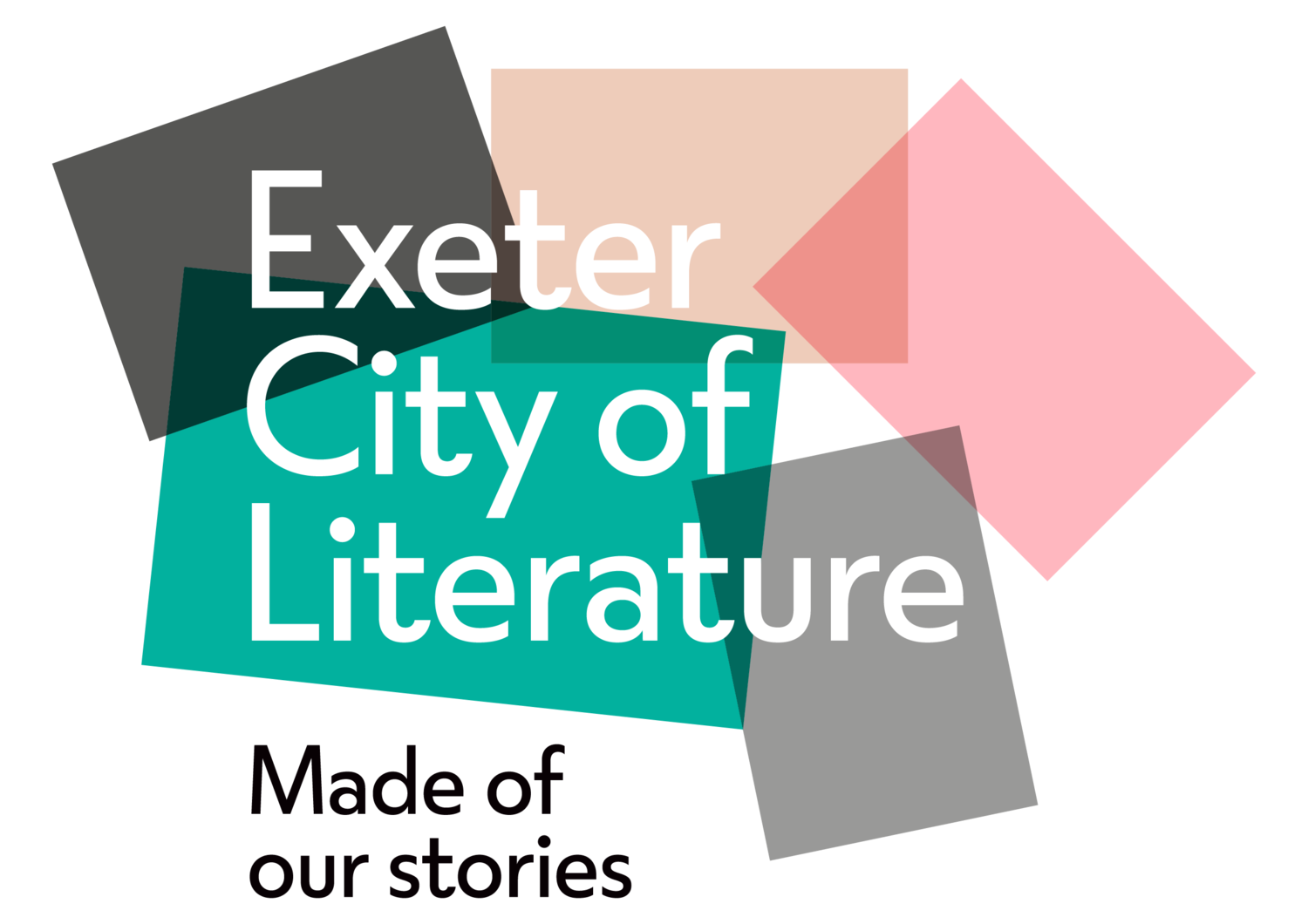The Pigeon House - Barcelona Writer in Residence Sebastià Portell on Exeter
I’ve spent the past three weeks writing in a listed house. Put like that it might seem grandiose, but the fact is that the experience has been even more impressive seen from the inside. It was made possible, naturally, owing to a writing residency, and this has been the fruit of the close work between Exeter City of Literature, the Department of Languages, Cultures and Visual Studies of the University of Exeter, and Barcelona City of Literature. Thanks to them, I have been able to spend most of the month of June in Exeter, and the UK-based writer Esmie Jikiemi-Pearson has spent a few weeks at Vil·la Joana, the house where the great Catalan Romantic poet Jacint Verdaguer died. Nevertheless, it turns out that, as with the act of writing itself, beyond dates and places, the great value of writing residencies begins with those occurrences that were not foreseen.
On the first day, I was surprised, on arriving at my house, to find one of those iconic blue plaques that adorn the United Kingdom’s most emblematic buildings. High up, on the façade, the plaque commemorated “Mary of Exeter”, a pigeon who flew missions between England and France during the Second World War, carrying coded messages between the Allies, together with Charlie Brewer, her owner, a bootmaker who, as well as having a pigeon loft inside his house, turned out to be a genuine fighter against fascism. “This house and I will get along well,” I thought.
Sebastià Portell and Richard Mansell at ‘Sebastià Portell in Conversation’ outside Bookbag bookshop in Exeter.
Further surprises did not wait long to materialise, either, and these three weeks have been an unceasing discovery of an extraordinary city, Exeter, and county, Devon. And also of the place’s culture and famous names, with modern and historical writers such as Jean Rhys, J. K. Rowling, Beatrix Potter and Charles Dickens, amongst others, and people with whom I’ve had the pleasure to chat and spend happy times, such as Richard Mansell, Senior Lecturer in Translation at the university and an unparalleled ambassador for Catalan culture in the UK, the writer Maria Rita Corticelli, with whom we spent a wonderful morning workshop, or people linked to vital projects, such as Charlie Richards, who launched the independent bookshop Bookbag, or Anna Cohn Orchard, director of Exeter City of Literature. At the same time, I have rekindled old friendships: Mercè Rodoreda, Irene Solà, Eva Baltasar, Montserrat Roig and Raül Garrigasait, amongst many others, were on bookshop shelves translated from Catalan into English. And I felt a smidgen of pride, of course.
A writing residency means, at its heart, writing. In my case, 10,078 words that someday I’ll have to edit. But it also means generosity, and time, and a mindset open to all conversations. It means cultural exchange and it means helping to raise awareness of writers and a literature that are more and more noticed on the international stage. The pigeon house has given me all this. And also the most precious item that a writer could ask for to be able to write, just as to be able to fly: it has given me wings.
This was originally published in Catalan in Ara Balears, 2nd July 2024, with the title ‘La casa dels coloms’. It has been translated into English by Richard Mansell.


